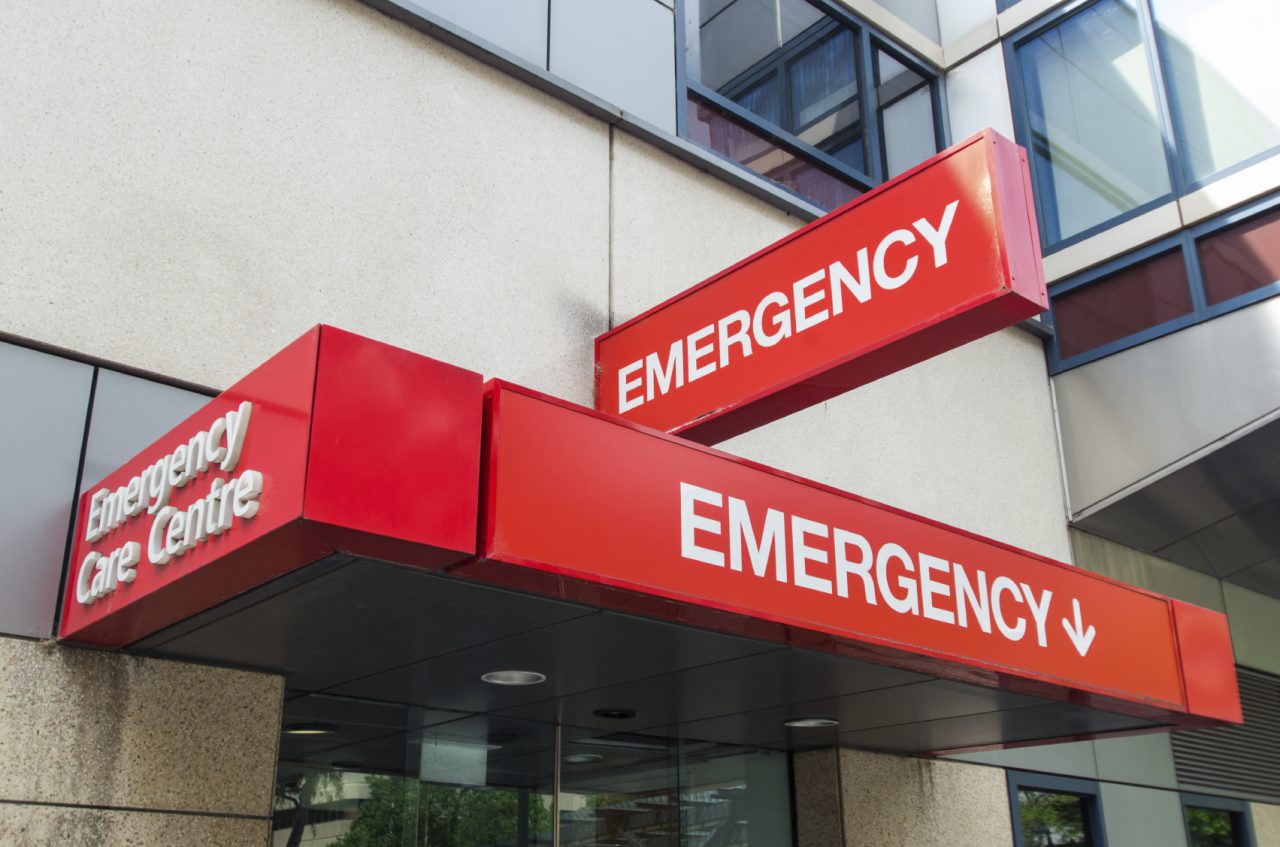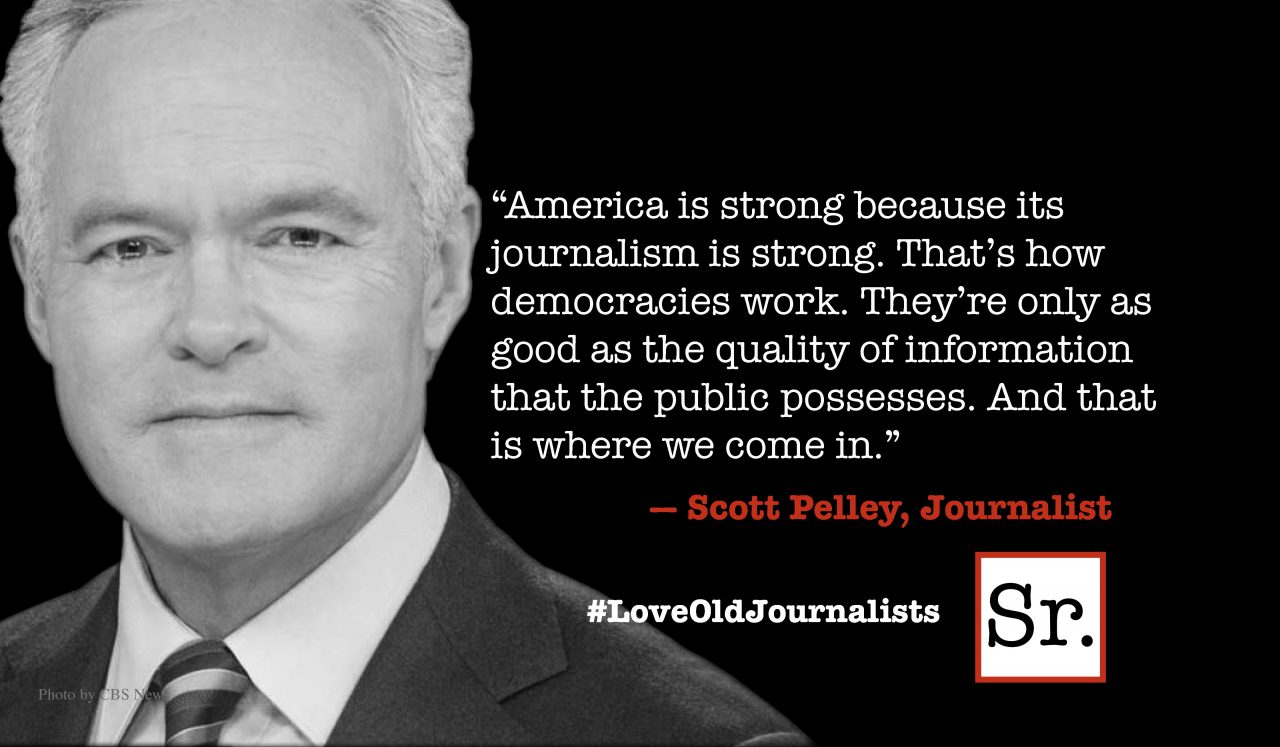Several weeks ago I reported on the near death experience my wife, Wendy, went through on a recent encounter with our hospital’s overwhelmed Emergency Room. I asked for responses from my readers, and I got a ton! This week I will describe a few comments from around the nation. I was not surprised to discover that what my wife and I experienced is replicated most places. ERs are overrun, particularly in urban areas, by those who still use them as their primary care medical facilities. In our case the triage protocol was reduced to whomever could shout the loudest, but there are reported to be many positive examples elsewhere — and I will get to them presently.
Here is a sample of the responses.
A local physician said the problem was that Wendy’s unfortunate event took place in the middle of the flu season. He held that had we showed up in June, the situation would have been very different. But three others I know, who had been taken to the same ER in the summer, reported that things were just about as I had outlined them in March. A knowledgeable authority opined that every documented person has a right under the law to primary care. The fact that so many are unaware of this right is part of the problem. Obamacare has not yet gotten the attention of million of our citizens in addition to the vast number of this nation’s undocumented.
There were those who reported that in some localities people were triaged at the door, and if it was a real emergency, were seem almost immediately. Our sudden return to the hospital via ambulance reinforced my conviction that hitting the ER with blaring sirens and flashing lights almost guarantees a quick response. But be warned that if what you reported was really not an emergency, you, not the insurance company, will be hit with the bill. One EMT said that arriving at the ER by ambulance made no difference. But others testified that it most certainly did. No matter how you arrived, a shouted “heart attack!” or “coronary!” was a guarantee of immediate attention. The conclusion was that in hospitals that had no effective functioning triage system, patients, or their advocates, had to produce their own protocol. The loud squeaking gear gets the oil. My hourly complaints were just too mild.
A well-informed local elected official suggested that there are simple at-the-door procedures in many places that are far more effective than my ambulance solution. He also suggested that if one person is unnecessarily using an ambulance, someone else with a critical need might find it unavailable. So be careful.
There were a few reports from around the nation that there are a variety of places where systems work smoothly. In one community elderly patients with obvious difficulties were met at the door and seen almost immediately. More than one community hospital has a physician or nurse practitioner who does a quick evaluation upon entrance.
I had no report as to how this issue is handled in other nations, particularly those with universal health care systems. But in most industrialized nations this does not seem to be an issue. Perhaps the core of our problem is the ineffective, albeit terribly expensive way we do medical care. I remain convinced that many of our problems could be solved — including this one — with two fundamental changes which are far broader than the problems at our ERs.
- Some form of a single payer insurance system. The simplest solution may be Medicare for all.
- Our fee for service medical model needs to be replaced by putting physicians on salary. One positive aspect of our ERs is they usually employ salaried physicians. Too many fee for service physicians not only determine what tests and other procedures patients should have, but also have a financial interest in seeing that patients follow their advice. Docs often own the facilities they use? A recent article in The New Yorker concluded that the way we practice medicine insures that we are all — particularly seniors — over-tested and over-treated.
Whether these changes in our medical delivery systems will ease the terrible pandemic problems in our form of medical care, knowledgeable people insist they will go a long way in resolving some of the difficulties.









